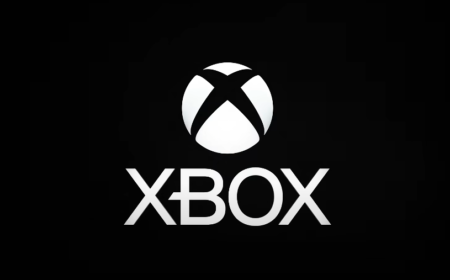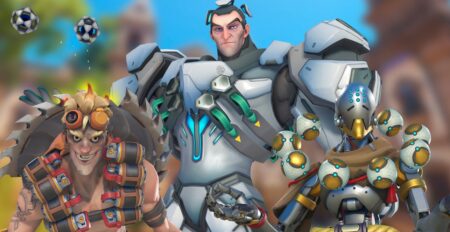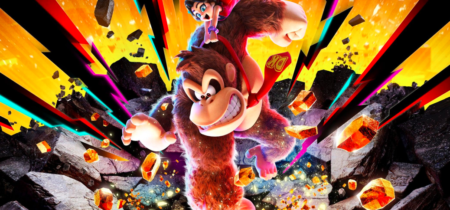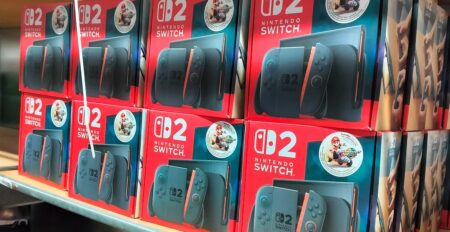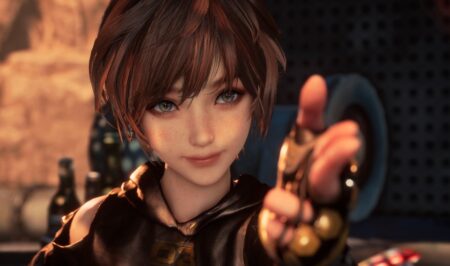Nintendo’s Switch 2 has broken records as the company’s fastest-selling console ever, but this success hasn’t translated to third-party game sales. Industry analysis reveals a concerning trend where non-Nintendo games are performing poorly during the console’s launch period.
Recent sales data from the UK and US markets shows Nintendo’s dominance in the Switch 2 game library. In the UK, first-party Nintendo titles account for 48% of physical game sales when excluding the Mario Kart World bundle. However, when including the bundled game, this figure jumps dramatically to 86% of all physical Switch 2 game sales. The US market shows similar patterns, with Nintendo games representing 62% of physical sales.
Nintendo launched the Switch 2 with just three physical titles: Mario Kart World, The Legend of Zelda: Breath of the Wild Switch 2 Edition, and Tears of the Kingdom Switch 2 Edition. In contrast, third-party publishers brought 13 physical games to the platform at launch, including major releases like Civilization 7, Split Fiction, Street Fighter, and Hogwarts Legacy.
Third-Party Publishers Express Disappointment
The sales performance has left third-party publishers feeling frustrated. One anonymous publisher described their Switch 2 launch sales as falling “below our lowest estimates.” This stark reality check comes despite the presence of well-known franchises and established gaming brands on the platform.
However, not every third-party release has struggled equally. CD Projekt’s Cyberpunk 2077 emerged as the top-performing third-party game during Switch 2’s launch window, achieving what industry analysts describe as “reasonable numbers.” Interestingly, CD Projekt chose to release a proper physical cartridge rather than using Nintendo’s controversial Game Key Cards, which require full downloads to play.
CD Projekt’s approach aligns with their previous statement that physical editions remain important, particularly for Nintendo players who value complete physical releases. This strategy appears to have paid off compared to publishers who opted for the download-required cards.
Multiple Factors Behind Slow Third-Party Sales
Several factors contribute to the lackluster third-party performance on Switch 2. The console’s robust backward compatibility allows players to access the original Switch’s extensive game library, potentially reducing demand for new releases. Many gamers are currently exploring older titles they may have missed rather than purchasing new games.
The lack of early press coverage also hurt third-party sales. Nintendo’s decision not to provide early console units to reviewers meant most third-party games launched without professional reviews, leaving consumers with limited information about game quality and performance.
Another critical issue is that nearly all third-party Switch 2 titles are enhanced versions of older games. Core gaming audiences have likely already played these titles on other platforms, reducing their appeal as “new” experiences. This library composition makes it challenging for third-party publishers to generate excitement among dedicated gamers.
Future Outlook for Third-Party Support
Despite current challenges, major publishers report that Nintendo is actively working to promote third-party games on Switch 2. This represents a potential shift from previous Nintendo console launches where first-party titles dominated marketing efforts.
Several high-profile third-party releases are scheduled for the coming months, including EA Sports Madden 26 and Tony Hawk’s Pro Skater 3 + 4. Nintendo also has major first-party titles in development, including Donkey Kong Bananza and Pokémon Legends: Z-A, plus Switch 2 versions of Super Mario Party Jamboree and Kirby and the Forgotten Land.
Industry experts expect third-party sales to improve once players complete Mario Kart World and begin seeking new gaming experiences. The current sales pattern mirrors the original Switch launch, where first-party dominance gradually gave way to more balanced third-party success over time.
Read this also: Xbox Reveals Next-Gen Console Plans Through AMD Partnership
